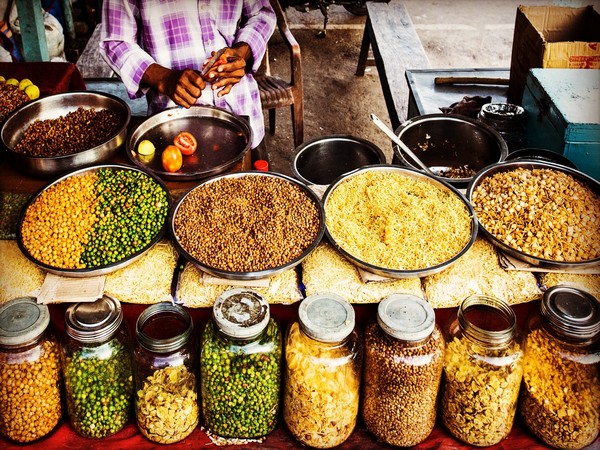Food prices in India have been on the rise, with the inflation rate in the food segment almost doubling year-on-year in June. Data shows that food inflation almost doubled to 8.36 per cent last month, compared to 4.63 per cent reported in the same month in 2023. The retail inflation for all segments of food saw a rise in June, including cereals, meat, milk, fruits, vegetables, pulses, sugar, spices, snacks, and sweets. Overall, India’s retail inflation rate stood at 5.08 per cent in June, with rural inflation at 5.66 per cent and urban inflation at 4.39 per cent.
The rising food prices have been a concern for policymakers in India, who aim to bring retail inflation down to 4 per cent on a sustainable basis. Despite the moderation in retail inflation in recent months, the food inflation risks continue to dominate in the near term. However, better sowing patterns and spatial distribution of rains are expected to eventually ease the price pressures beyond the volatile months. The Central Bank is likely to be cautious about easing monetary policy given the robust growth and near term inflation risks in the economy.
In May, annual retail inflation in India reached a 12-month low of 4.75 per cent, slightly down from 4.83 per cent in April. The retail inflation has been fluctuating, with December 2023 seeing a rate of 5.7 per cent. The Consumer Price Index or CPI is currently within the Reserve Bank of India’s (RBI) comfort level of 2-6 per cent but remains above the ideal 4 per cent scenario. The RBI has maintained the repo rate for the eighth straight occasion, raising it by 250 basis points cumulatively since May 2022 in an effort to combat inflation.
The repo rate is the rate at which the RBI lends to other banks, and raising interest rates helps suppress demand in the economy, thereby reducing the inflation rate. Pressure in food prices has been hindering the ongoing disinflation process in India and poses challenges for the inflation trajectory to reach the 4 per cent target. The RBI’s next monetary policy meeting is scheduled for early August, where decisions on rate adjustments will be made based on the prevailing economic conditions and inflation outlook.
Despite the challenges posed by rising food prices, India has managed to steer its inflation trajectory quite well in comparison to other countries. The recent rise in food prices has been attributed to various factors, including supply chain disruptions, global food price trends, and domestic production issues. However, with better agricultural practices and favorable weather conditions, the price pressures are expected to ease in the coming months. The RBI will continue to monitor the situation closely and take necessary actions to ensure macroeconomic stability and sustainable growth in the Indian economy.










